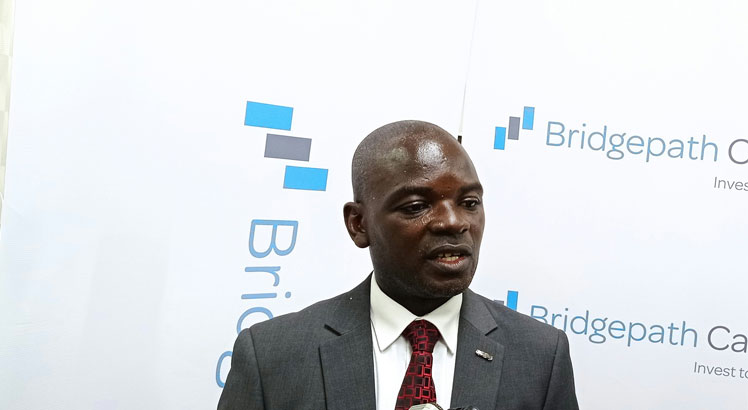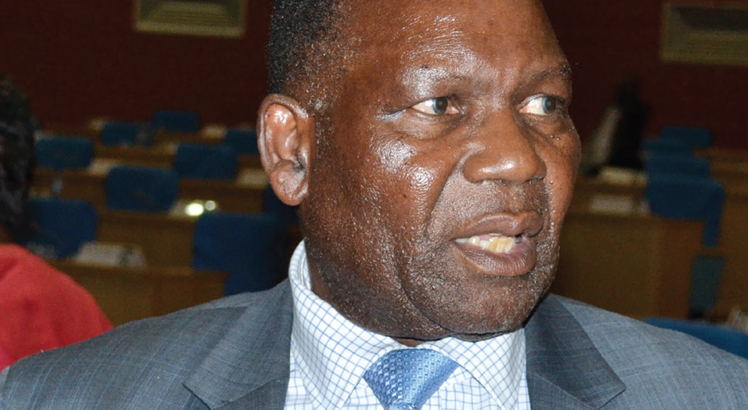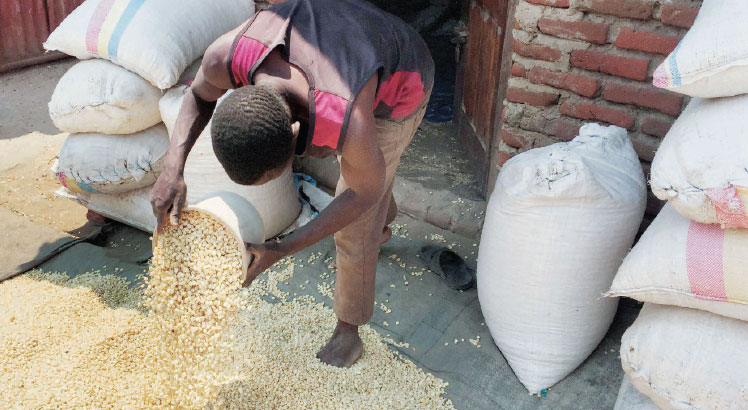Stitching sanitary pads,keeping girls in school
Fainess Nungu is a go-to teacher for adolescent girls at Thugulu Primary School in Salima District.
She is youthful and sociable. If the likes of Catherine Bakili and Hanna Kandoni are not seeking tips on their dream careers, they tell her their intimate secrets, including the sudden onset of menstruation while in school.
After her daily teaching duties, Nungu disappears into a tailoring room where a clanking sewing machine produces 20 to 30 washable sanitary pads weekly for girls who need them to keep learning.
“These reusable sanitary pads are helping girls not skip classes due to fear of being booed if they accidentally stain their uniforms during menstruation,” she says.

Nungu targets to fashion 1 000 washable pads every academic year.
“They keep girls hygienic, comfortable and dreaming,” she says.
The pads are made from flannel and umbrella-like cloths provided by the Malawi Girl Guides Association. The association trained women teachers and mother group members to fashion reusable sanitary pads under the United Nations Joint Programme on Girls Education. The programme is jointly implemented by Unicef, UNFPA and the World Health Organisation with funding from the Royal Norwegian Government in Salima, Mangochi and Chikwawa districts.
Nungu has gifted every adolescent schoolgirl five sanitary pads.
She is happy that needy girls, who cannot afford single-use sanitary pads sold on the shelf, have since discarded old cloths they once used in a desperate cry for menstrual hygiene and dignity.
“Reusable sanitary pads restore girls’ self-esteem, dignity and hope. When one starts menstruating in school, I give her some pads if she has left hers at home. No girl should fail to learn due to a biological process she cannot wish away,” Nungu says.
At least five girls call on the jovial teacher to get free sanitary pads.
“The girls step out smiling and confident to keep learning and interacting with their peers,” she explains.
Nungu also shares with the girls the importance of education as well as the dangers of teen pregnancies and child marriages fuelled by poverty, peer pressure and harmful cultural practices. The tips include how to identify, refuse and report gender-based violence, including sexual exploitation.
Besides, girls at least 10 years old receive iron folic acid pills to replenish their blood levels in readiness for the onset of menses.
Catherine, a 17-year-old Standard Seven girl, says the sanitary pads from her favourite teacher have saved her from staying or running home when the monthly periods kick in on school days.
“I started menstruating two years ago. Throughout, I’ve been using pieces of old cloths that itch and stink with time because my parents cannot afford the sanitary pads sold in shops,” she says.
The factory-made sanitary pads, worth K1 000 to K1 500 for a pack of 10, remain unaffordable to poor girls like Catherine though Malawi Parliament in 2020 removed value-added tax to make menstrual hygiene affordable for all.
“The prices didn’t fall but have kept rising. My parents, who rely on piecework in neighbouring crop fields, can’t afford one,” she says.
Menstrual poverty leaves girls at the risk of being shamed and quitting school if the “discomforting cloths” drop to the ground in public, Catherine warns.
Hanna, a 15-year-old Standard Five girl and aspiring nurse, says the washable sanitary pads have ramped up her self-belief.
“They are soft and beautiful like butterflies. When I use them, I don’t worry about discomfort, infections and embarrassment. Before the gift from Madam Fainess, some girls were sleeping with old fishermen, traders and travellers in exchange for money to buy sanitary pads,” she explains.
High money circulation along the busy transport corridor that splits the fishing belt near Lake Malawi, the country’s top tourist attraction, fuels transactional sex.
This sprawling sex web increases school dropout rates, teen pregnancy, child marriage and sexually transmitted infections.
Nearly half of girls in Malawi marry before their 18th birthday and about a third fall pregnant before reaching 19, shows the Malawi Demographic and Health Survey of 2015.
“Keeping girls in school helps not only turn their dreams into reality but also delay their childbearing and marriage age. This is why we need to close gaps in menstrual hygiene that disrupt girls’ education,” says Nungu.
As her sewing machine keeps whirring to end menstrual poverty, she implores education authorities, surrounding communities and development partners to support the construction of a changing room for girls she gifts sanitary pads.
Nungu explains: “Reusable sanitary pads help girls learn, but they have no safe place where they can discreetly tidy up or change.
“From time to time, I leave my room so that girls are guaranteed the privacy they can’t get in overwhelmed latrines.”






One Comment